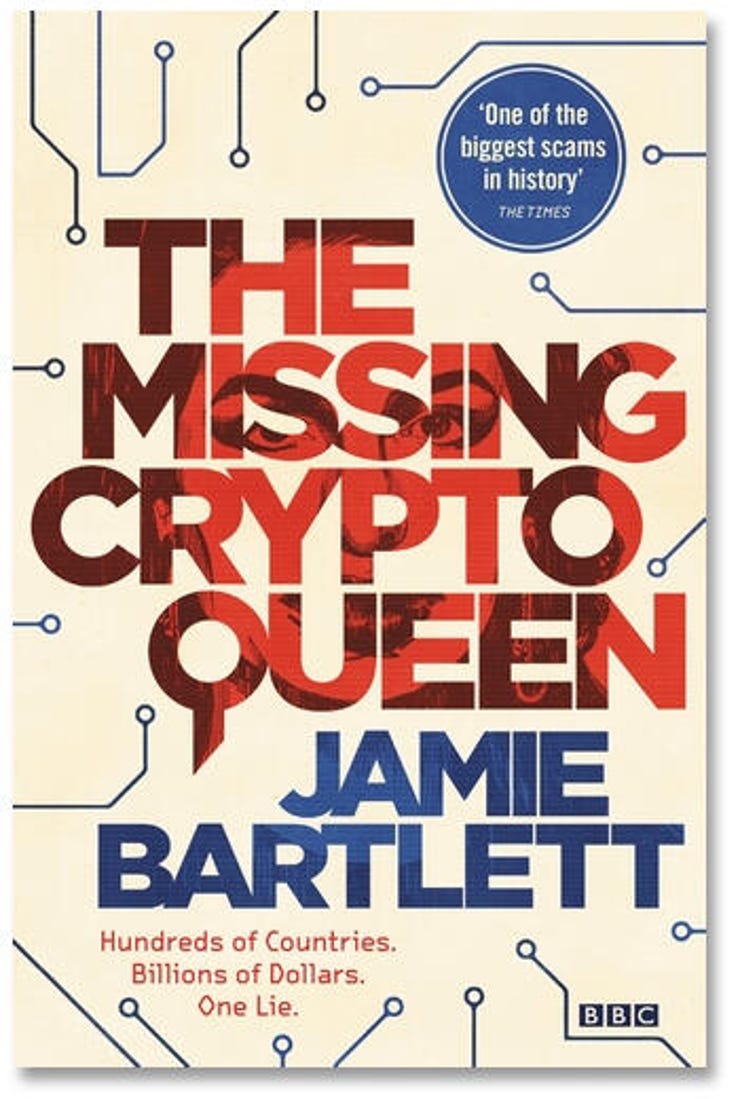'ZDNET Recommends': What exactly does it mean?
ZDNET's recommendations are based on many hours of testing, research, and comparison shopping. We gather data from the best available sources, including vendor and retailer listings as well as other relevant and independent reviews sites. And we pore over customer reviews to find out what matters to real people who already own and use the products and services we’re assessing.
When you click through from our site to a retailer and buy a product or service, we may earn affiliate commissions. This helps support our work, but does not affect what we cover or how, and it does not affect the price you pay. Neither ZDNET nor the author are compensated for these independent reviews. Indeed, we follow strict guidelines that ensure our editorial content is never influenced by advertisers.
ZDNET's editorial team writes on behalf of you, our reader. Our goal is to deliver the most accurate information and the most knowledgeable advice possible in order to help you make smarter buying decisions on tech gear and a wide array of products and services. Our editors thoroughly review and fact-check every article to ensure that our content meets the highest standards. If we have made an error or published misleading information, we will correct or clarify the article. If you see inaccuracies in our content, please report the mistake via this form.
The Missing Cryptoqueen, book review: One coin to scam them all


The Missing Cryptoqueen • By Jamie Bartlett • WH Allen • 320 pages • ISBN: 978-0-7535-5958-1 • £16.99 / $29
One reason the era in which Agatha Christie lived was such a fruitful source of crime novel plots was that post-war upheaval and new mobility combined to force the inhabitants of small towns to interact with strangers in unprecedented ways. Previously, strangers came with letters of introduction from people Christie's village characters already knew. In our era, the internet has enabled interaction with poorly-attested strangers at unprecedented scale; I often wonder what Christie would have made of it.
Nowhere is the problem of establishing the trustworthiness of a counter-party more acute than in the cryptocurrency market, where even the longest-established companies and technologies jostle with questionable and outright scams.
In The Missing Cryptoqueen, Jamie Bartlett tells the story of one of the most outrageous of these scams, OneCoin -- an unholy marriage of three scams in one: a Ponzi scheme, a pyramid scheme and a fake cryptocurrency. In its first 15 months, OneCoin's pyramid base reached one million investors in 175 countries; the €1.4 billion paid out in commissions and withdrawals went to just 5% of those investors. Most of those who lost the scam's billions of euros were ordinary people, many of whom were devastated by the loss.
SEE: Cryptocurrency scams pose largest threat to investors
It took Bernie Madoff many years to cost his investors around $60 billion. Within three years of the 2014 launch of FOMO-fuelled OneCoin, the money owed to its investors had passed €100 billion.
OneCoin was always about to go big, each disappointment overshadowed by a new and more amazing plan. It was going to be listed on the major coin exchanges! Well, actually, it has its own exchange that's down most of the time, but next year we're going to double coins while making sure they keep the same value! Well, actually, you still can't really cash any of them out, but next year we're doing an Initial Coin Offering!
The lady vanishes
Crucial to keeping the downlines of sellers excited and actively selling was Ruja Ignatova, who wowed the crowds at major public events by appearing in ballgowns and jewels, and making each new step in the growing scam sound plausible. Then, as law enforcement began closing in on her nearest associates, Ignatova bought plane tickets, headed for the airport in Sofia, and...vanished, leaving behind a network of nodes that went on selling these vapour coins, utterly unaware that the centre of the fraud had imploded.
Bartlett stumbled on this story when BBC reporters called him to help them understand how cryptocurrencies work. For three years, they jointly investigated the story, eventually releasing the results as a podcast. This book version is well-written and entertaining, explaining the necessary technologies with helpful clarity.
As the book ends, Ignatova's whereabouts are unknown. Based on reported sightings, Bartlett suggests two main possibilities: a secret Dubai mansion, or a yacht carefully stationed outside the 12-nautical mile boundary where national laws do not apply. The people who helped and enabled her have vanished or been imprisoned (one of her victims was her own brother). The latest news says that in June 2022 she was added to the FBI's Most Wanted list. And yet, OneCoin is still being sold in nodes all over the world, where hope and FOMO live on.
RECENT AND RELATED CONTENT
OneCoin 'CryptoQueen' sued over alleged $4bn cryptocurrency Ponzi scheme
Cryptocurrency executives charged with running $11 million Ponzi scheme
Singapore may introduce further cryptocurrency restrictions
Wikimedia Foundation dumps ability to accept cryptocurrency for donations
US files criminal case against US citizen for evading sanctions with cryptocurrency
Read more book reviews
- Money Men, book review: The anatomy of a notorious financial crime
- Industry Unbound, book review: How the tech industry pays lip-service to data protection and privacy
- Human-Centered AI, book review: A roadmap for people-first artificial intelligence
- Four Internets, book review: Possible internet futures, and how to reconcile them
- Cogs and Monsters, book review: Retooling economics for a digital world